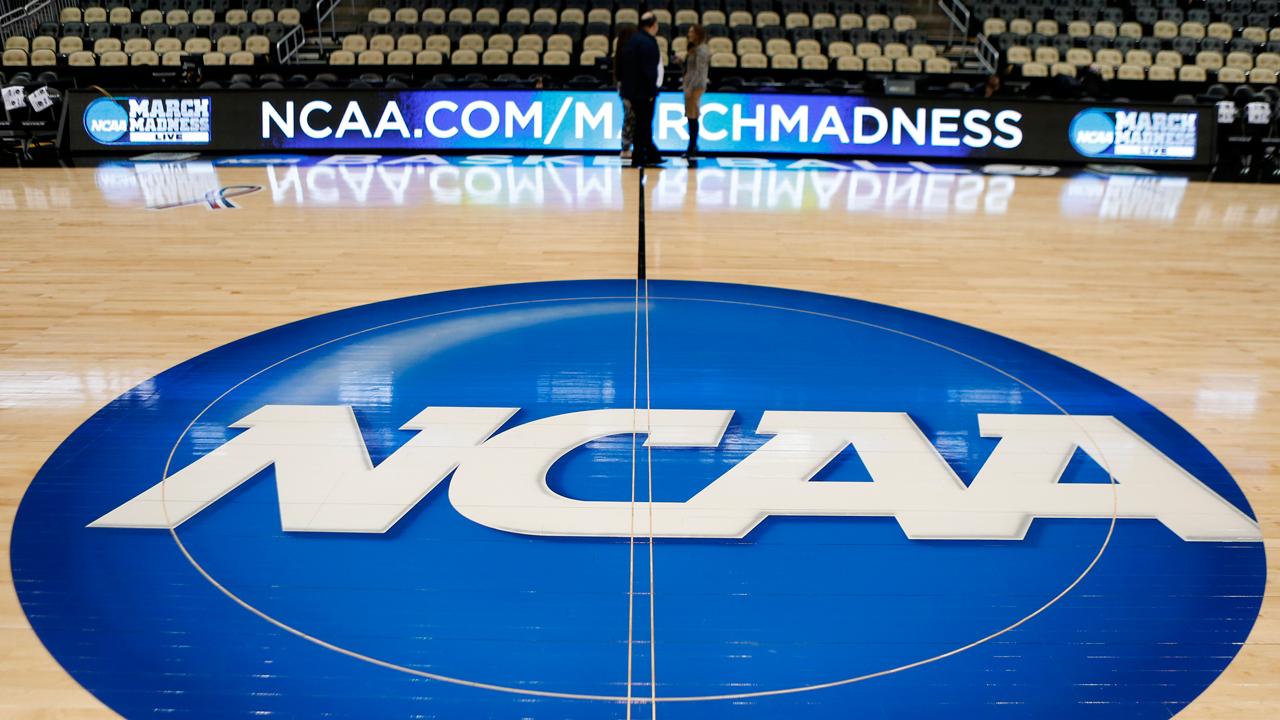NCAA's money at risk? Why LeBron James ripped the 'Rich Paul Rule'
The NCAA is facing widespread criticism this week over its implementation of the so-called “Rich Paul Rule,” which imposed new certification restrictions on agents in a move some critics saw as an effort to defend its embattled business model.
The changes require agents to meet stricter criteria in order to represent draft-eligible student-athletes, including a bachelor’s degree, certification with the National Basketball Players Association for at least three consecutive years, liability insurance and a trip to Indianapolis to take an in-person exam. Paul, who represents LeBron James, Anthony Davis and several other top NBA stars, has emerged as one of the sport’s most powerful figures despite not having a bachelor’s degree.
In a series of tweets addressing the decision, James accused the NCAA of being “scared” of Paul’s growing power in basketball circles. The NCAA’s decision came months after Paul signed top recruit Darius Bazley, who backed out of a scholarship offer from Syracuse University and skipped college basketball entirely, instead opting for a $1 million internship with New Balance while he trained for the NBA Draft.
“Can’t stop, won’t stop!” James wrote on Twitter. “They BIG MAD and scared. Nothing will stop this movement and culture over here.”
The rule changes come as the NCAA faces mounting pressure to pay college athletes some portion of the revenue generated by college athletics. The NCAA has long argued that paying student-athletes would harm the integrity of college sports.
While the NBA’s “one-and-done” rule requires players to be at least one year removed from high school before they can enter the draft, the NCAA’s pipeline of top high school basketball recruits could be at risk as more athletes opt for alternative options. Top college players such as Zion Williamson have played a key role in driving interest for NCAA events, including the March Madness tournament.
Aside from Bazley, top recruit R.J. Hampton opted to sign with a professional team in New Zealand earlier this summer rather than pursue a college career.
As criticism mounts, the NBA has signaled that it may change its draft policies. League officials submitted a proposal last February that would allow 18-year-olds to enter the draft, effectively ending the “one-and-done” rule. The league also allows high school prospects to spend a year preparing in its developmental league before entering the draft.
The NCAA’s new rules also require agents to cooperate with any investigations into potential rules violations, ESPN reported. College officials have sought to crack down on violations in the wake of a federal investigation into corruption at some of the country’s top basketball programs, which resulted in the arrests of several assistant coaches and marketing executives.
CLICK HERE TO GET THE FOX BUSINESS APP
The NCAA did not immediately respond to a request for comment on criticism of its rule change.




















